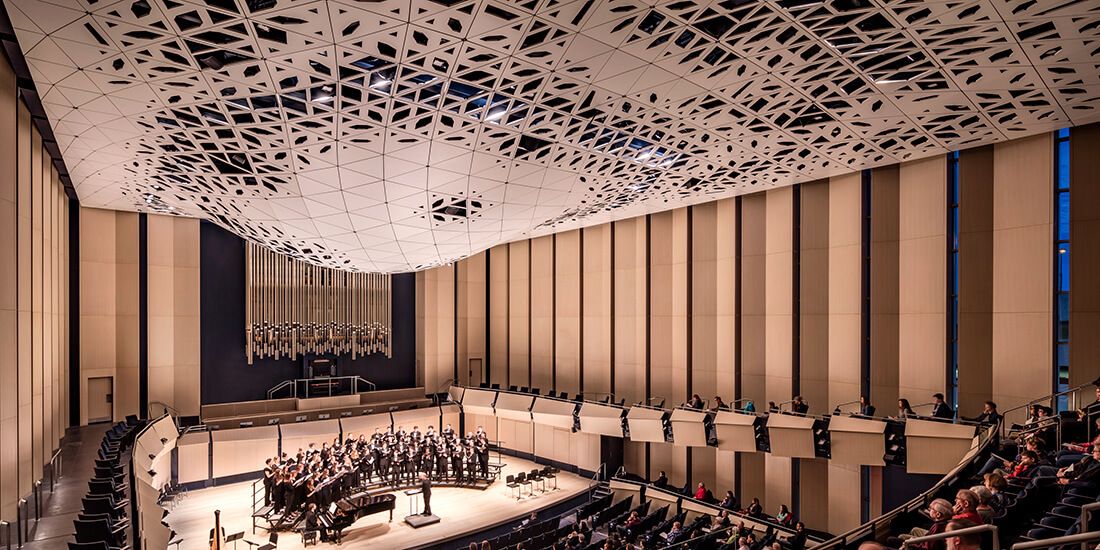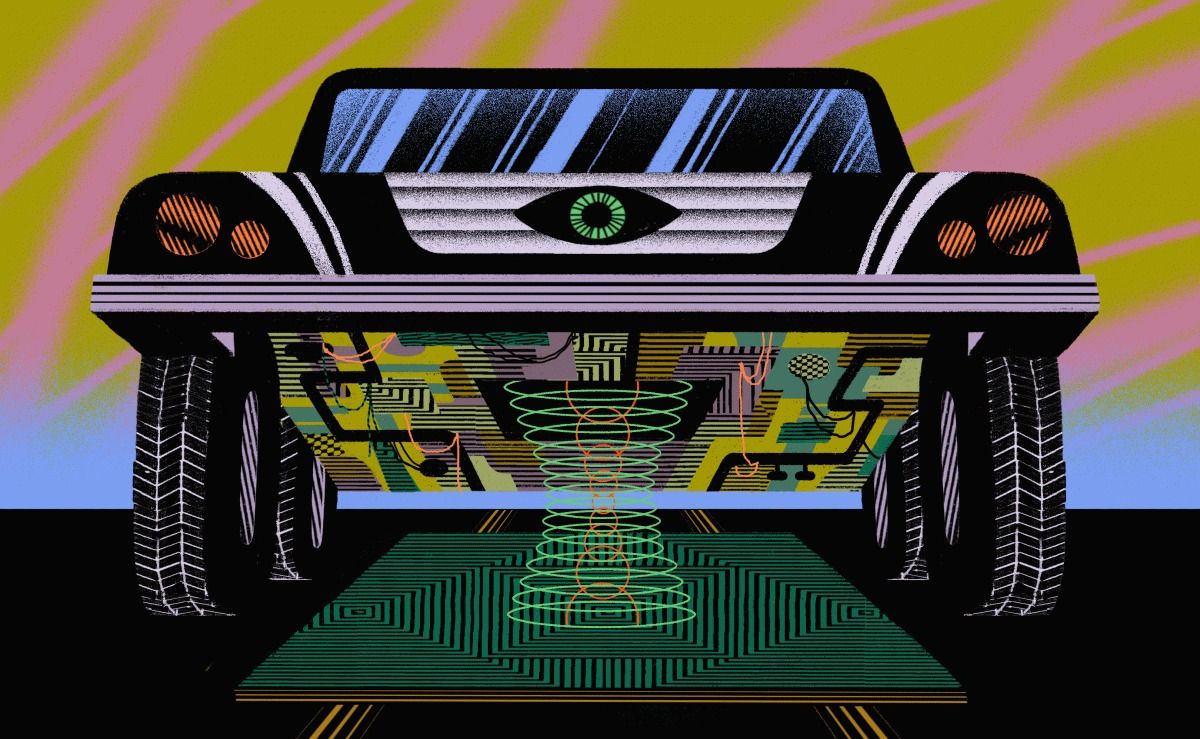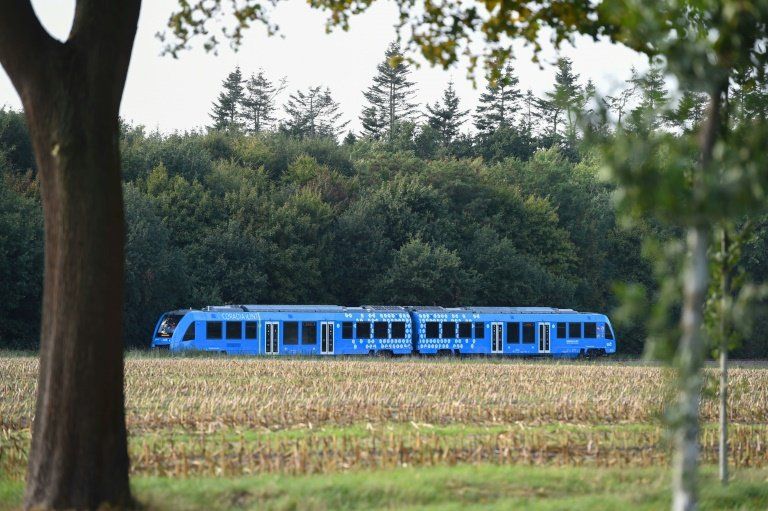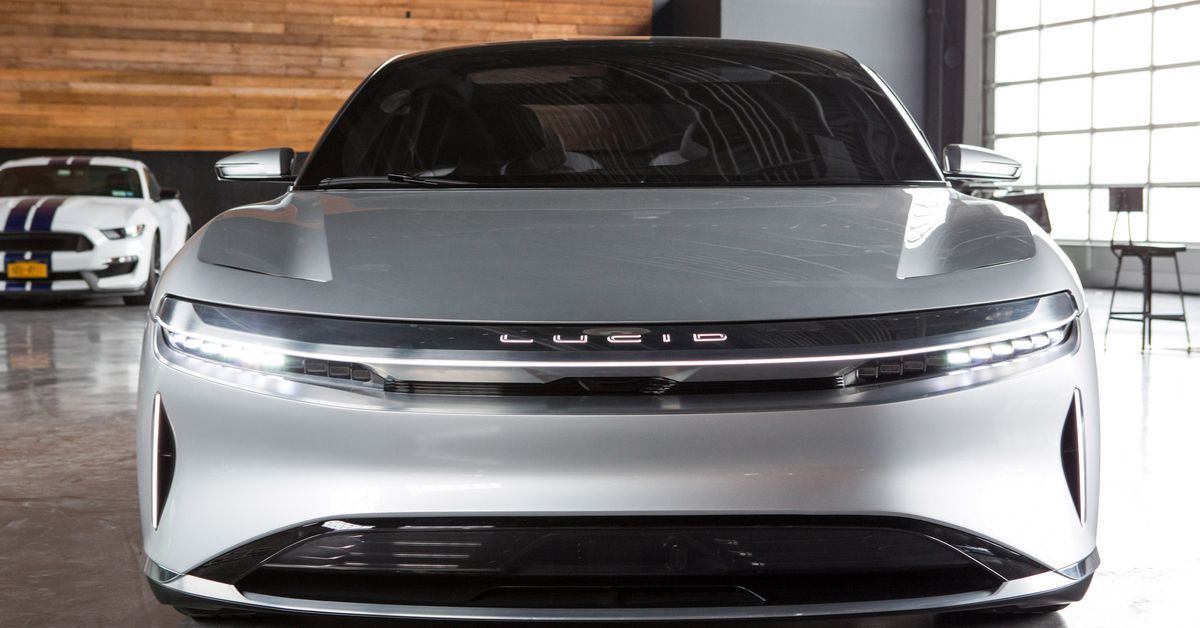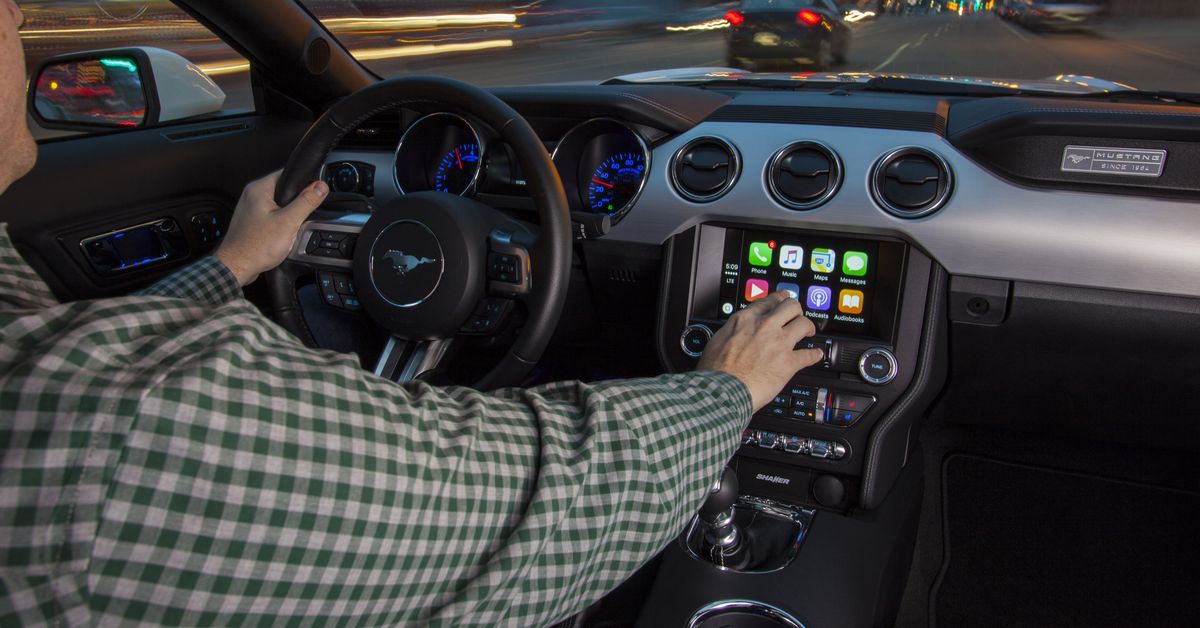In the new era of generative design in architecture, engineering, and construction, designers and builders will use computers not just to describe buildings, but cocreate them.
Before GPS, if you got lost while driving your car, you had to swallow your pride and stop to ask for directions. With the help of the innate intelligence of Google Maps or Waze, you can let a machine compute the best route so you can concentrate on what’s really important—driving.
In the case of architects, engineers, and contractors, their computers will help navigate the design and construction process, so they can focus on making successful projects and great buildings as a result.
